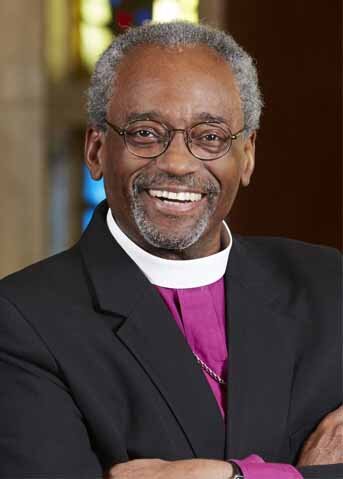Among the words:
“The Lord is my strength and my might; he has become my salvation. There are glad songs of victory in the tents of the righteous: ‘The right hand of the Lord does valiantly; the right hand of the Lord is exalted; the right hand of the Lord does valiantly.’ I shall not die, but I shall live, and recount the deeds of the Lord.”
The words must have comforted Jesus as he knew the cross lay just ahead. The final Hallel Psalm (Ps. 118) contains these meaningful words:
“Open to me the gates of righteousness that I may enter through them and give thanks to the Lord. This is the gate of the Lord; the righteous shall enter through it. I thank you that you have answered me and have become my salvation. The stone that the builders rejected has become the chief cornerstone. This is the Lord’s doing; it is marvellous in our eyes.”
Jesus was about to enter gates only the righteous could enter. We thank him that he has become our salvation—the chief cornerstone, the building block for all time and all people.
In the years following Jesus’ death, those words must have also been a comfort to the disciples when they sang the same songs, remembering singing them with Jesus but also now knowing what a comfort they must have been for Jesus that night. And how appropriate. Perhaps they sang them to themselves as they prepared for their own horrible martyrdoms.
Singing is now an essential part of Christian worship. James wrote: “Are any among you suffering? They should pray. Are any cheerful? They should sing songs of praise.” Singing is spontaneous for those who are cheerful; and Christians, in spite of their circumstances, are to be cheerful people! Even John in his vision of heaven recorded in the Book of Revelation sees the saints, the martyrs, constantly singing praises to God before the throne.
Of course we don’t know what the tunes would have been for these songs. But it was important for early Christian writers to record the words. Scholars have listed various of these early Christian songs from scripture, although they would not really be recognizable to us as songs. One example given is from 2 Timothy 2:11-13:
“The saying is sure: If we have died with him, we will also live with him; if we endure, we will also reign with him; if we deny him, he will also deny us; if we are faithless, he remains faithful—for he cannot deny himself.” That doesn’t sound like a song to me!
Or how about Philippians 2:5-11:
“Let the same mind be in you that was in Christ Jesus, who, though he was in the form of God, did not regard equality with God as something to be exploited, but emptied himself, taking the form of a slave, being born in human likeness. And being found in human form, he humbled himself and became obedient to the point of death—even death on a cross. Therefore God also highly exalted him and gave him the name that is above every name, so that at the name of Jesus every knee should bend, in heaven and on earth and under the earth, and every tongue should confess that Jesus Christ is Lord, to the glory of God the Father.”
Or 1 Timothy 3:16: “He was manifested in the flesh, vindicated by the Spirit, seen by angels, proclaimed among the nations, believed on in the world, taken up in glory.”
I see these as more like a creed, a statement of belief. If we compare these Scripture passages to the words of some of our songs, we come up short. Much as I detest the tunes of some of our old standard hymns and their old-fashioned language, they taught good, solid theology. I love modern Christian music. I listen to it a lot. I came to faith in Jesus because of the singing of what some people like to call ‘happy clappy’ music.
















